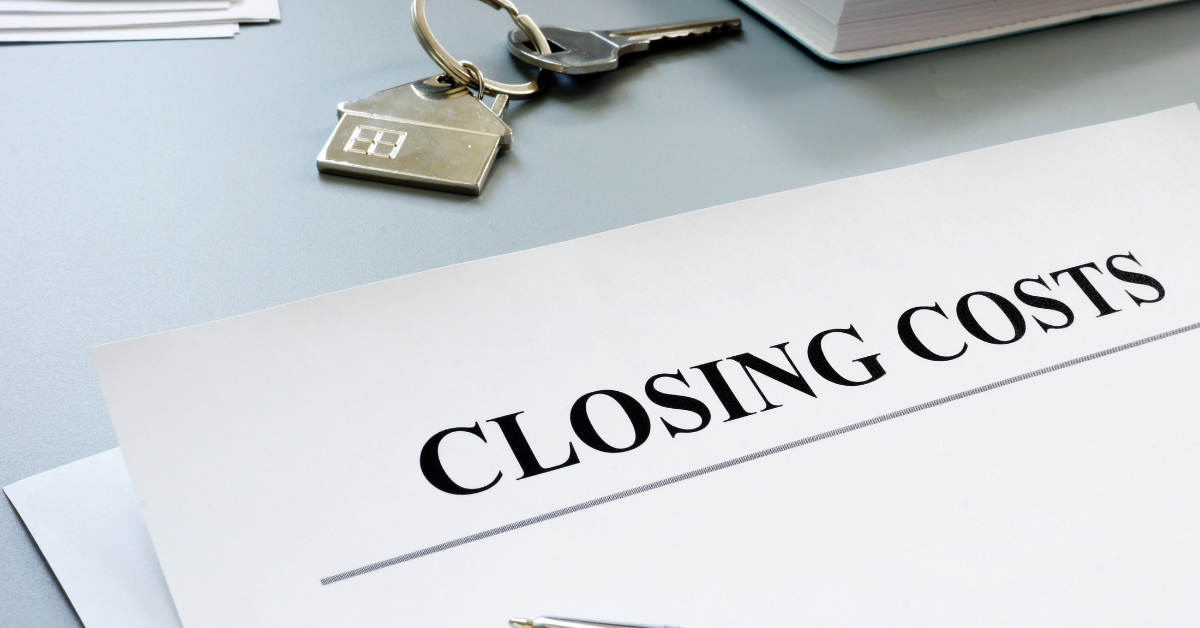
Closing costs are expenses that are incurred when a property is sold or purchased, and they vary depending on a number of factors, including the location of the property, the type of property, and the terms of the sale.
In Texas, closing costs for a home purchase typically include:
Loan origination fee: This is a fee charged by the lender for processing the mortgage loan application and is usually expressed as a percentage of the loan amount.
Appraisal fee: This is a fee charged by the appraiser who evaluates the value of the property to determine its market value.
Title insurance: This is insurance that protects the buyer and lender against any defects in the title of the property.
Inspection fees: These are fees for various types of inspections, including a general inspection of the property, termite inspection, and radon testing.
Escrow fees: These are fees charged by the escrow company or attorney who handles the transfer of funds and documents between the buyer and seller.
Recording fees: These are fees charged by the county or local government for recording the deed and other documents related to the sale.
Property taxes: The buyer is responsible for paying a prorated amount of property taxes at the time of closing.
The total amount of closing costs can vary depending on the purchase price of the property, the size of the loan, and other factors. Typically, closing costs in Texas can range from 2% to 5% of the home’s purchase price. It’s important to work with a qualified real estate agent and a mortgage lender who can help you understand and navigate the closing process.
Click Here to Learn More About Closing Costs
